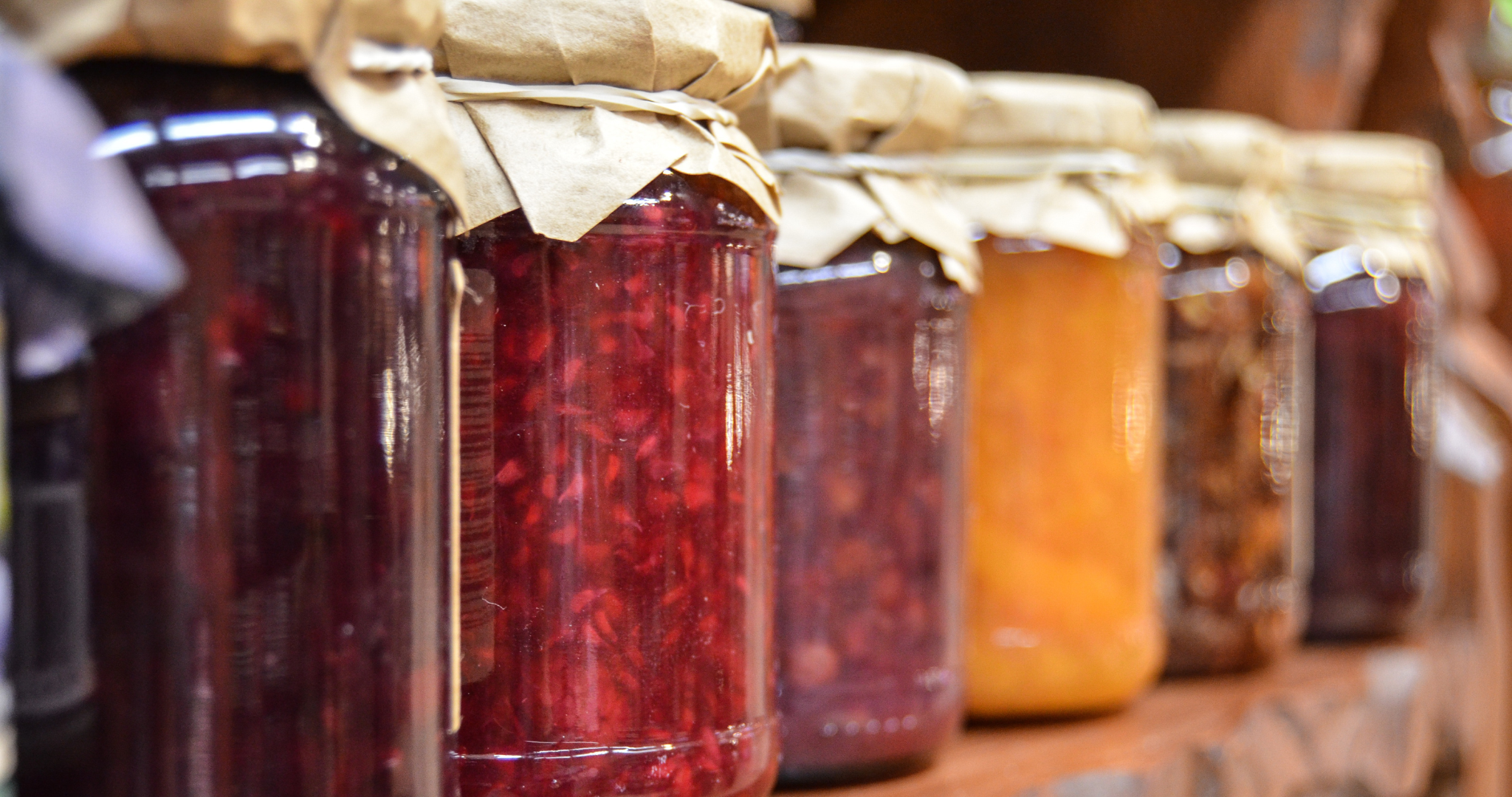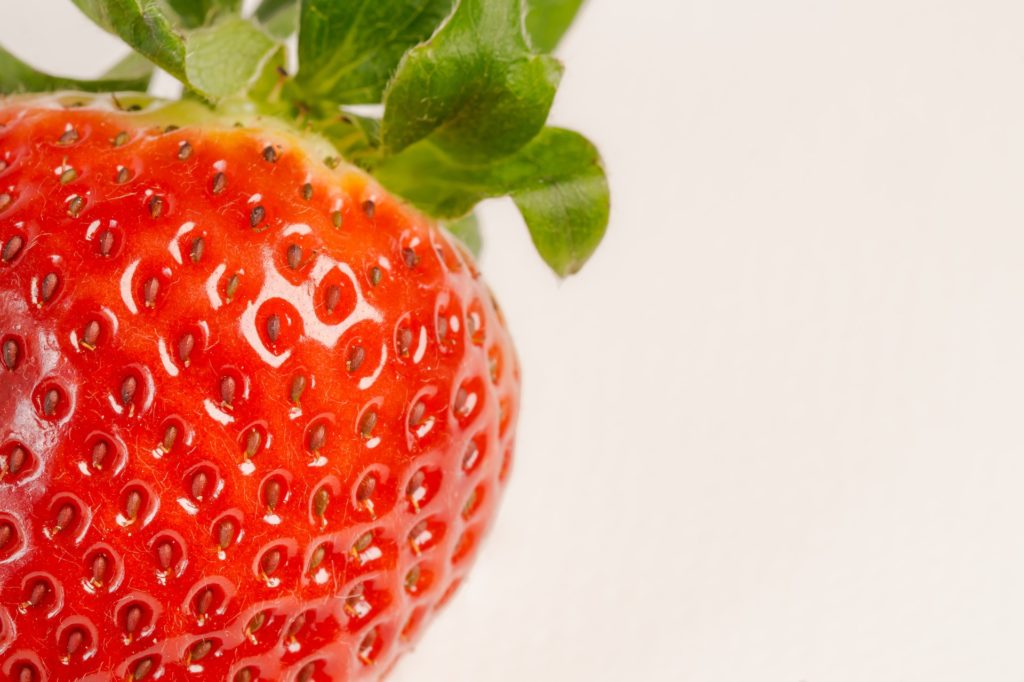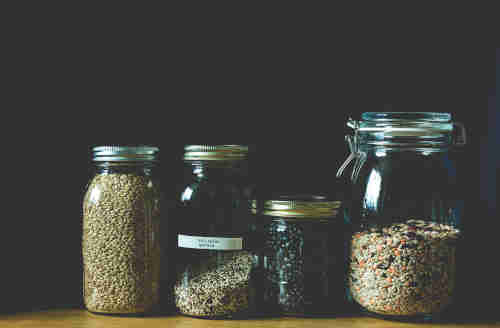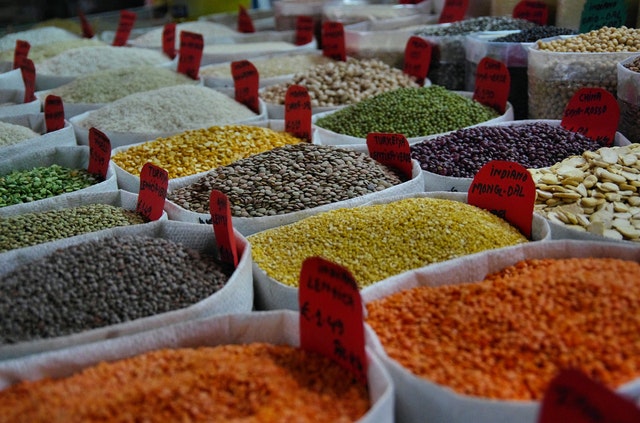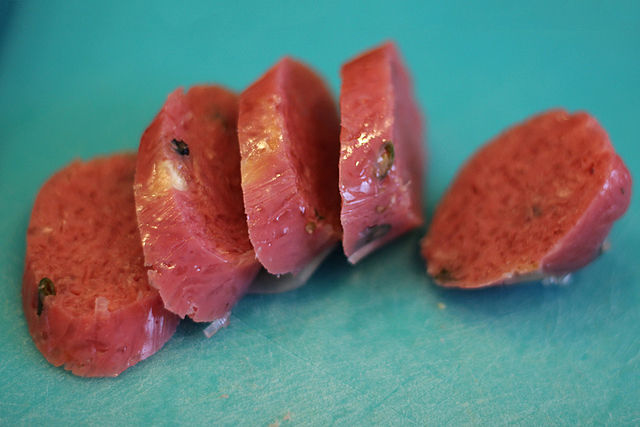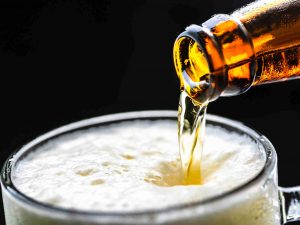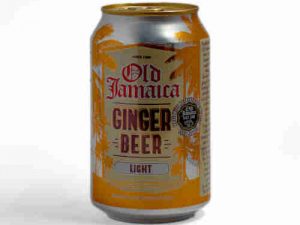Cultures for GI Health
GI HEALTH Trends
All disease begins in the gut.
~Hippocrates
As our expected lifespans continue to increase with the technological marvels of modern medicine, there is increasing interest in lifestyle choices that improve the quality of life. In recent years, the medical community has uncovered the critical links between our gastrointestinal health and our physical health as well as our mental and emotional health.
The colony of bacteria and yeasts in our digestive tract are essential to digestion and how well our bodies assimilate our food. Finding ways to support the intestinal flora on and in our bodies is critical to gastrointestinal and overall health. Adding probiotic cultures to our diet can transform our health and quality of life.
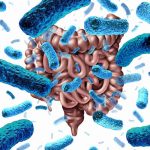
Food and GI Health
In the developed world we’ve become increasingly detached from our food sources. Foods we used to grow, tend and harvest are now products we buy in a supermarket or online with little knowledge of their genesis.
Real, whole foods contain cultures that contribute to the health of our existing microbiome. Processed foods cannot provide the same benefits.
Disease
Just over a century ago, the primary causes of death were untreated infectious diseases. The advent of antibiotics has increased life spans. However, we now face an unprecedented surge in “quality of life” diseases: obesity, diabetes, inflammatory bowel disease, allergies, and asthma, to name a few. These chronic conditions are the cause of exponential growth in health care costs.
Medicine
Our focus on pharmacological solutions to health crises has contributed to increasingly resistant strains of diseases that were previously treatable.
Antibiotics and other medicines have eliminated parasitic organisms as well as the symbiotic microbes we need for protection.
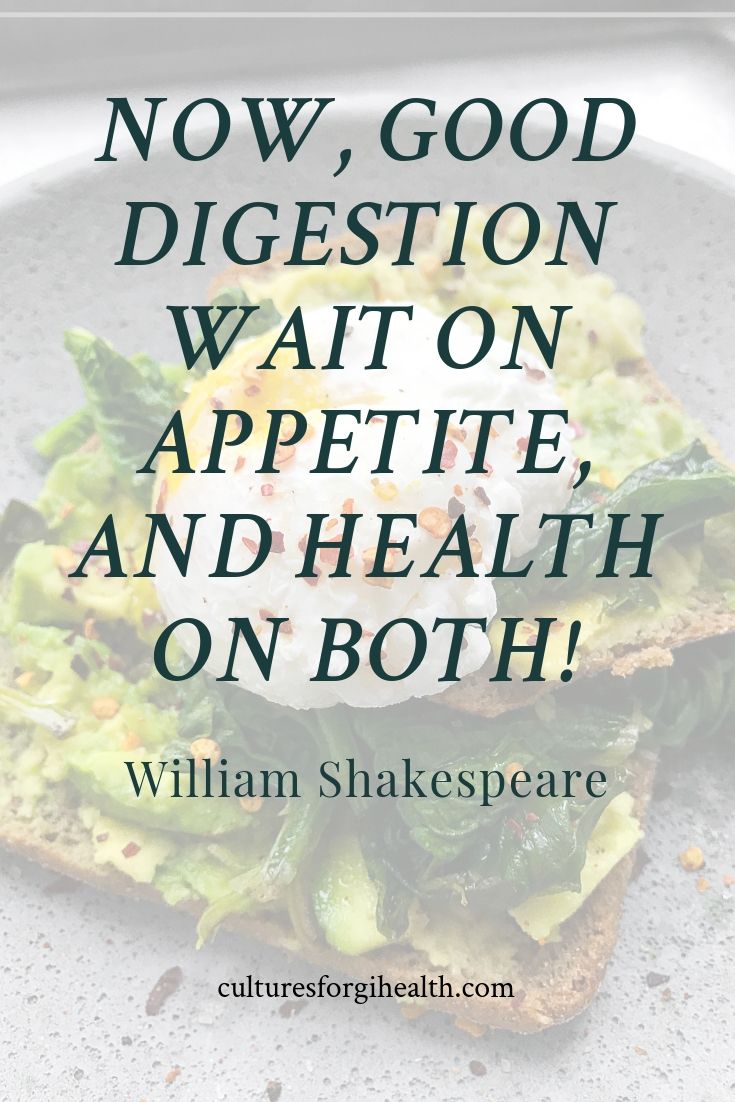
Why GI Health?
You are what you eat. We’ve all heard that in a myriad of ways over the years. But who understood how very true these words are? Recent research has focused on the connection between our brain and the so-called gut-brain. The intestinal flora that is in and on our bodies is a critical part of this communication network. What we eat changes our microbiome, for better or worse.
In addition, these colonies determine: the health of the intestinal lining, control the levels of harmful bacteria, help our immune system function properly, limit the absorption drugs and other toxins, create digestive enzymes, synthesize vitamins and enzymes, help with hormone function and even have an influence on which genes affect all aspects of our health.
- Physical health
- Emotional health
- Mental health
Our Bodies and GI Health
The
Gut-Brain
Current research has established the physical and chemical pathways through which the mind and gut communicate.
There is a two-way link between the central nervous system (brain) and the enteric nervous system (gut) through which the hormone, immune and autonomic nervous systems share information. These channels of information control our physical, emotional and mental health.
The gut microbiome is a critical component of this network and changes in gut flora affect the feedback loops that keep these transmissions working.
The Immune
System
Our immune system is a complex network of organs, tissues, and cells that work in conjunction to control invasive organisms. The GI tract is part of the lymph system, the primary mechanism for removing toxins from the body. Our bodies have a symbiotic relationship with our intestinal flora that maintains immunity.
Immunodeficiencies can be hereditary or acquired through certain cancers, aggressive medical treatments, severe burns, improper nutrition, diabetes, AIDS, hepatitis and, of course, sleep deprivation.
Dysbiosis
Our digestive tracts are a delicate balance of microbes in a symbiotic ebb and flow. Dysbiosis is when an imbalance occurs in the gut flora.
Certain microbes that are benign when in balance can aggressively multiply and suddenly become highly toxic creating an environment ripe for disease. An intestinal imbalance also allows other toxic microorganisms to survive and grow.
IMPROVE YOUR GI HEALTH
NATURALLY
- Diet
- Supplementation
Restore
Balance
Changes in diet can help to restore balance in the GI microbiome. Our bodies are designed to maintain health via nutrition derived from a wide variety of foods. The current food system maximizes calories at the lowest cost with little concern for diversity and nutritional value.
A varied plant-based diet with some cultured foods can provide support for the beneficial microorganisms to repopulate.
- Diet
- Supplementation
Repair Intestinal
Lining
Our intestinal tract is considered to be external to the body despite it running through the body. All of the things we ingest are outside of our bodies until they are digested and can pass through the intestinal walls into the bloodstream.
Creating the conditions for the gut mucosa to heal is critical for long term digestive relief. It is a barrier, similar to skin, that prevents pathogens from entering the body. When mucosa integrity is diminished leaky gut can cause a host of unpleasant symptoms.
- Diet
- Supplementation
Strengthen Digestion
Choices like eating more plant-based foods, drinking enough fluids, chewing food completely, exercise and a focus on fermented foods can all help improve digestion and assimilation.
No two people have the exact same nutritional needs, so we each have to work to find the optimal balance to support our own digestion. It is possible to turn the vicious circle into a virtuous one.
Choices That
PROMOTE GI Health
To increase the population of beneficial strains of bacteria and other microorganisms in the gut, a few simple guidelines should be followed. The advice for improving digestive health is similar to other advice for overall health.
- Eat a wide variety of real, whole foods, particularly plant-based foods.
- Exercise regularly.
- Get adequate sleep.
- Reduce Stress.
- Avoid Overusing Antibiotics and OTC Medications
- Avoid Antibacterial Cleaning Products
In addition to the above, the following are helpful additions to a gut health plan:
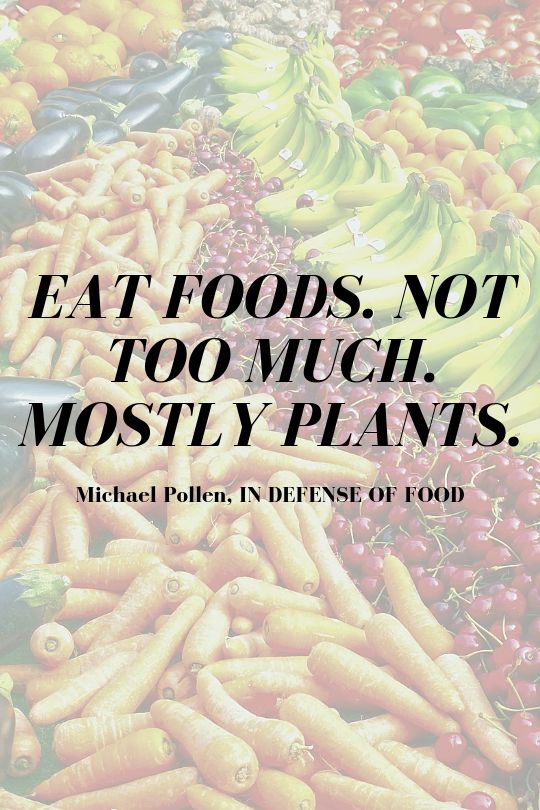
Cultures for GI Health
Foods are the optimal method of nutrient absorption according to our design. Homemade cultures should be an integral part of a gut-healthy diet plan.
Cultures for GI Health
Drinks can be an efficient way to absorb nutrients and ingest beneficial bacteria because they require minimal digestive energy and can quickly pass through the stomach.
Cultures for GI Health
Given the shortcomings of our current food system, supplements can provide a helpful advantage to transform the microbiome. When our diet is not enough, probiotics and other supplements are a targeted way to make quick changes to our GI tract.
Beyond probiotics, there are a number of supplements that support healthy digestion in various ways; by feeding probiotic cultures, assisting the chemical processes of digestion, or keeping the actual cells healthy.
FAQs
Here are some of the most popular questions about cultures and GI health.
A culture is a method of providing the correct conditions for a microorganism to multiply.
The most populous bacterial strains are Lactobacillus (small intestine) and Bifidobacterium (large intestine) in the gut.
Probiotic strength is determined by a number of factors the most important of which is CFUs. For more details click here.
While there is no doubt that kombucha may have nutritional benefits, we must remember the old adage, all things in moderation.
Overconsumption of kombucha can have unintended side effects.
The most well known probiotic foods are probably yogurt and sauerkraut. There are almost limitless ways to prepare foods to increase their probiotic benefits. For more ideas see this.
Disclaimer
The information on this website is NOT medical advice. It is not intended to diagnose, treat, cure, or prevent any disease. Before making any changes please seek advice from a medical professional.
